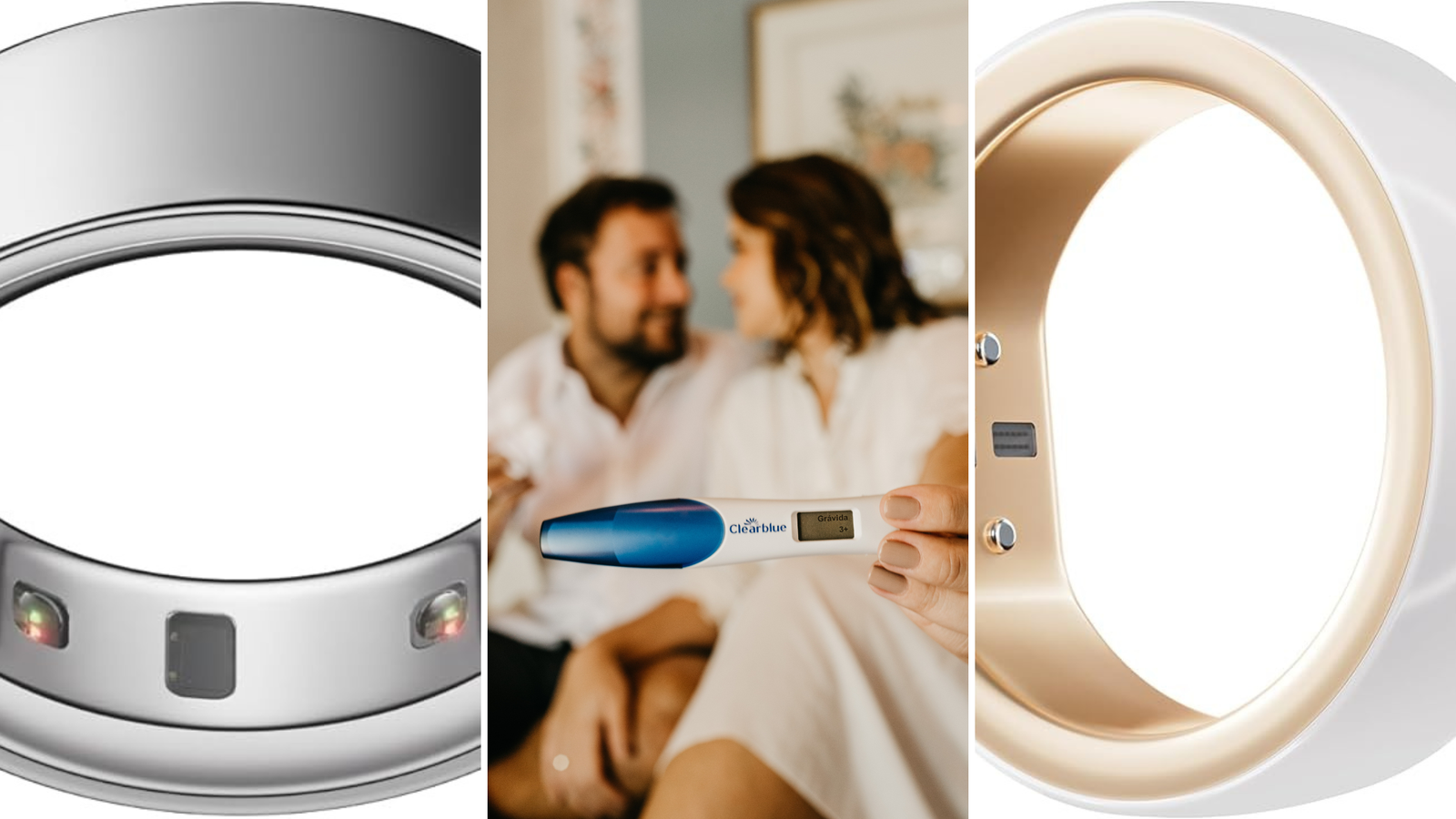The Egg Freezing Calculator is a practical tool that estimates the number of eggs you may need to freeze based on factors like age, fertility goals, and medical history. Using scientific data and success rates, it provides personalized insights to help with family planning, whether for elective preservation or medical reasons. While it offers useful estimates, consulting a fertility specialist remains essential for tailored medical advice.
Egg Freezing Calculator
Author Bio

Idris Ya’u
BSc Botany, MSc Biology
🧬 Notes on Egg Freezing Calculations
Egg freezing, or oocyte cryopreservation, involves collecting and storing a woman’s eggs at a specific age to preserve fertility. A key factor in predicting how many eggs are needed is age: the older a person is, the more eggs are generally required to have a high likelihood of a live birth in the future.
According to recent reproductive studies, the cumulative live birth rate decreases with age due to both declining egg quantity and quality. For women under 35, freezing about 10 eggs may result in one child with a success rate of over 70%. For those between 36–40, that number rises to around 15–20 eggs per child. For women over 40, more than 25 eggs may be necessary to achieve the same outcome. (PMC Study on Age and Oocyte Cryopreservation)
The egg-to-baby ratio is an evolving concept that takes into account age-related success rates, laboratory thaw survival rates, and embryo development probabilities. A recent study published in the Reproductive Biomedicine Online Journal proposes refined statistical models that can help improve individual predictions for how many eggs a patient should freeze. (ScienceDirect: Egg-to-Baby Modeling)
Additionally, research shows that the number of mature eggs retrieved during the stimulation process varies widely across age groups and is highly individualized. The AMH (Anti-Müllerian Hormone) level and ovarian reserve also play a significant role in determining how many cycles may be needed. (Reproductive Biology and Endocrinology Study)
Cost and access are other important considerations. New economic models highlight that egg freezing is most cost-effective when done before age 35, with diminishing financial returns for older age brackets. (ScienceDirect: Cost-Efficiency of Oocyte Preservation)
In conclusion, while the calculator gives a general estimate, individuals should consult fertility specialists who can provide personalized guidance based on medical, hormonal, and lifestyle factors.
Tools:
- Luteal phase calculator
- BBT Temperature Converter
- Birth control calculator
- Bishop Score Calculator
- Due Date Calculator
- Breast Cancer Recurrence Risk Calculator
- Breastfeeding Calories Calculator
- Clomid Ovulation Calculator
- Conception Calculator
- Due Date Calculator
- Egg Freezing Calculator
- Flange Size Calculator
- Ideal Weight To Get Pregnant Calculator
- Implantation calculator
- IVF success calculator after retrieval
- Menstrual or Implantation Bleeding Quiz
- MCA PSV MoM calculator
- hCG Levels Calculator
- IVF Due Date Calculator
- Who Got Me Pregnant Calculator
- Conception Calculator
- Pearl Index Calculator
- Flange Size Calculator
- Period Calculator
- TIRADS Calculator
- Egg Freezing Calculator
- Fundal Height Calculator
- Pregnancy Weight Gain Calculator
- Chances of Having Twins Calculator
- VTE Risk Score Calculator
References
- Garcia-Velasco JA, Cobo A, et al. Elective oocyte cryopreservation for age-related fertility decline. PMC11529452
- Barad DH, Gleicher N. Age and ovarian reserve: egg quantity vs egg quality. ScienceDirect
- Doyle JO, Richter KS, Lim J, Stillman RJ, Graham JR, Tucker MJ. Successful elective and medically indicated oocyte vitrification and warming for autologous in vitro fertilization. Reproductive Biology and Endocrinology
- Grifo JA, Noyes N. Oocyte cryopreservation in reproductive medicine: current perspectives. ScienceDirect


